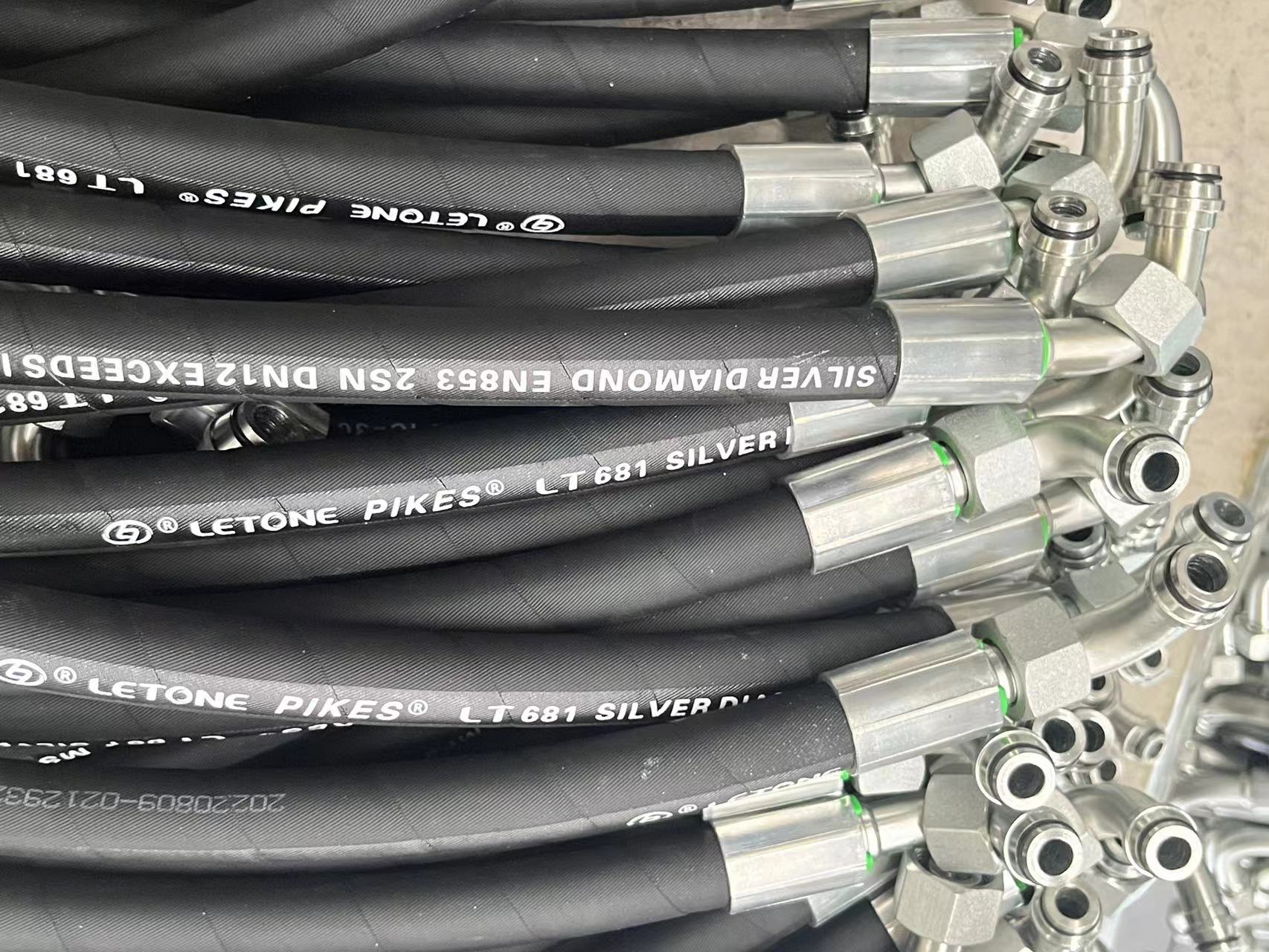Chemical Resistant Hoses
2022-10-17 15:30:19
You can get a chemical hose with a UHMWPE lining to make it resistant to chemicals. These liners are thinner and require less force to bend. This makes the hose easier to use and reduces fatigue and injuries. These hoses also require a shorter hookup time. These hoses can be used faster and the chemical hose won't get too hot.
Hoses that are chemical and high temperature resistant
High temperature and chemical resistant hoses are often made of metal, and are ideal for a range of industrial applications. These hoses are available in a variety of sizes, and are available with a variety of end fittings. They are also suitable for use in vacuum and pneumatic systems. High temperature hoses can be made from different materials. Some are made out of stainless steel while others are made from lightweight materials.
Chemical resistance of high-temperature hoses varies depending on the chemical. A compound that performs well at room temperatures may fail quickly when exposed to high temperature chemicals. The sizing and end fittings can also affect the performance of the hose. If the hose is meant to be static, it may function well, but flexing could cause the material to rupture.
Chemical Resistant Ventilation Hose
When it comes to ventilation hoses, chemical resistant models are the way to go. These products are resistant against aggressive gaseous or solid media making them ideal for process ventilation in hot and smoky environments. They also offer excellent flexibility and abrasion resistance. In addition to being available in a wide range of diameters, these products are also FDA-compliant.
Lightweight reinforced thermoplastic rubber is used to make chemical-resistant hoses. The hoses' smooth interior surface allows for high flexibility and minimizes friction loss. They also have excellent chemical resistance. These hoses are best suited for low-pressure applications and are also moisture and UV resistant. In addition, they can withstand a wide temperature range.
Hypalon-coated, duct hoses are another type of chemical-resistant conduits. These hoses are inexpensive and light-weight. The Spiral-Lock series offers another option, with Teflon- or Silicone-coated fabrics.
Chemical Resistant Fluid Hose
A Chemical Resistant Fluid Hose is a good option if you are looking for a new hydraulic hose. These hoses can be used for many purposes and are designed to withstand harsh chemicals. The material and design of the hose will determine its chemical resistance. It will soon break down if it is not chemically resistant enough.
The fluid's temperature will have a significant impact on the performance of the hose. The fluid will break down into harmful byproducts if the temperature is too high. This can cause damage to the elastomer as well as other components of the hose. It is therefore important to verify the hose's chemical resistance and temperature range.
The hose will lose its flexibility if it is exposed to too much chemical. This chemical-resistant hose has a very high tensile wire helix that makes it highly flexible. It is also resistant to UV and excellently resists abrasion.